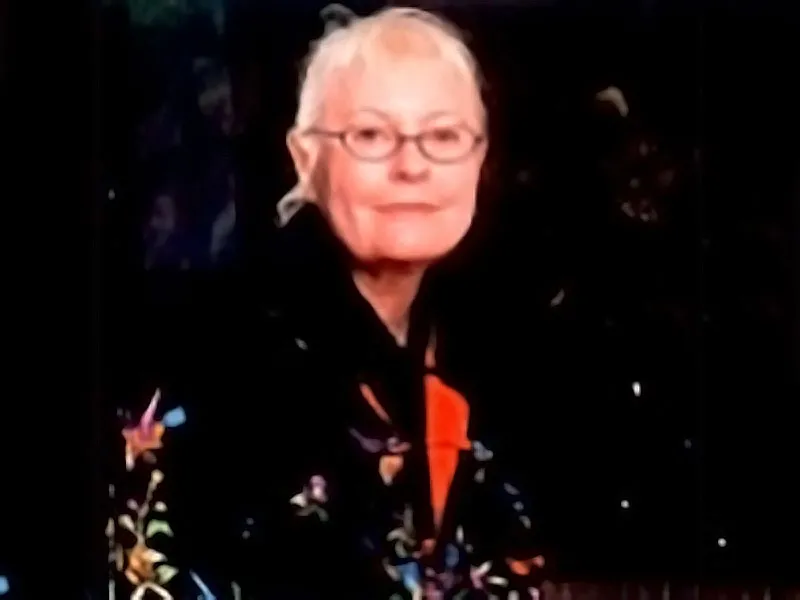
Education
Biography
Research Interests
Labor Control and Repression, State-Related Vigilantism, U.S. International Policing as Political Control in Latin America, Marginalization of Brazilian 'Others', Torture and Assassination.
Current Research Projects
Working within a qualitative research paradigm (Women Fielding Danger: Negotiating Ethnographic Identities in Field Research (Roman and Littlefield, 2008), Huggins—a critical criminologist--has conducted research on labor control and repression (From Slavery to Vagrancy in Brazil: Crime and Social Control in the Third World, Rutgers, 1984); Latin American death squads and other forms of State-related vigilantism (Vigilantism and the State in Modern Latin America (Praeger, 1991); U.S. international policing as political control in Latin America (Political Policing: The U.S. and Latin America, Duke, 1997); marginalization of Brazilian 'Others'—poor, Black street youth, gays and lesbians in Brazil (articles and political asylum reports); on police and para-police violence (various articles); and on torture and assassination in Brazil (Violence Workers: Torturers and Murderers Reconstruct Brazilian atrocities, U. of Calif. Press). Huggins research is informed by a critical criminology paradigm.
Selected Publications
Women Fielding Danger: Negotiating Ethnographic Identities in Field Research, Martha K. Huggins and Marie-Louise Glebbeek, Eds., 2008. Rowan and Littlefield, Publishers: Boulder, CO. and Oxford, UK.
“Qualitative Research in Criminology: Negotiating Field Challenges”, International Handbook of Criminology, Shlomo Giora Shoham, Paul Knepper, Martin Kett. Eds. Routledge. Forthcoming, 2010.
“Modern Institutionalized Torture: Is It ‘Organized Crime’?” Raymond J. Michalowski and William Chambliss, Eds. In State Crime in the Global Age. Willan Press, Forthcoming, January, 2010.
"Systemic Police Violence in Brazil." In Police Use of Force: A Global Perspective. J.B. Kuhns and J. Knutsson, Eds. Santa Barbara, CA.: Praeger Security International. Forthcoming, Fall. 2009.
Courses
- Social Theory (SOCI 322)
- Gangs, Gangsters, Organized Crime (SOCI 615)
- Brazilian Society: Beyond Beaches and Bikinis
- Marginalization and the 'Other'
- Political Policing
- Violence Workers
- Ethnographies of Crime
- Criminology Juvenile Delinquency: Sociology Meets Hollywood
- Foundations of Sociology

